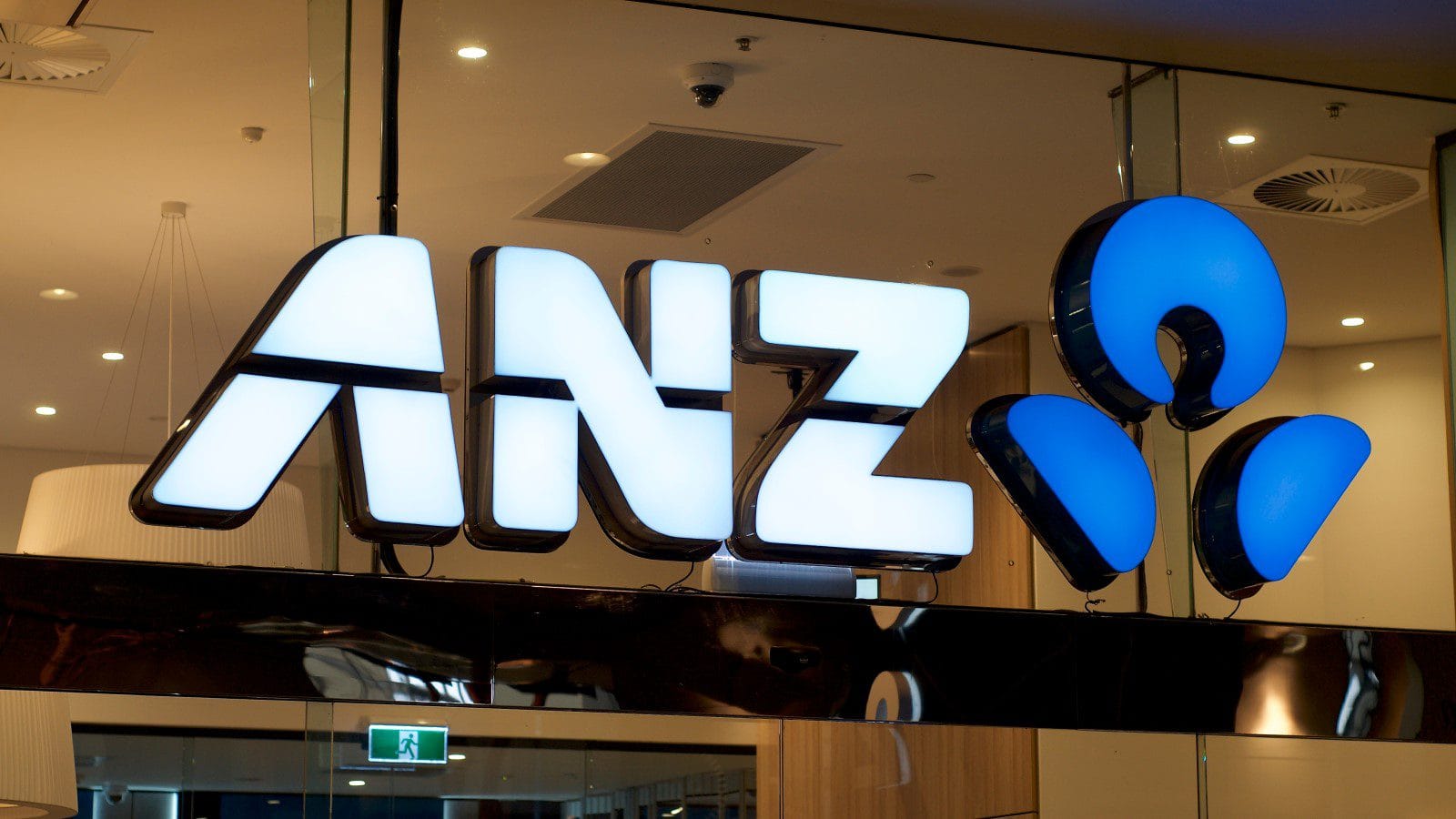ANZ (Australia and New Zealand Banking Group) has agreed to pay an $85 million settlement to resolve a class-action lawsuit alleging predatory lending practices in its car finance business. This significant settlement highlights the ongoing issues within the auto finance industry and could have far-reaching implications for banking practices and regulations in Australia.
Settlement Overview: ANZ will pay $85 million to settle the class-action lawsuit. The case involved car loans issued between 2016 and 2021 through ANZ's former car finance business, Esanda. The settlement addresses allegations of "predatory lending practices," including secret 'flex commissions' to car dealers and high-interest loans for buyers.
Flex Commissions: The lawsuit focused on the use of 'flex commissions,' which allowed car dealers to set interest rates and loan terms. Higher interest rates resulted in larger kickbacks to dealers, potentially leading to unfair terms for consumers. The Australian Securities and Investment Commission (ASIC) banned flex commissions in the car finance industry in 2017.

Legal Representation: Maurice Blackburn law firm represented the plaintiffs in the class action. Rebecca Gilsenan from Maurice Blackburn stated, "We are very pleased to have achieved this result for consumers. They had a right to expect that dealers were offering the best rate because they understand the roles of car dealers and lenders are distinct."
Broader Industry Impact: This settlement may prompt other financial institutions to review their lending practices. A similar class action against Westpac, St George Finance, and Macquarie Leasing is set to begin in late October 2024. Toyota's financial division is also facing a class action over alleged flex commissions.
Regulatory Implications: The case underscores the need for stricter enforcement of lending regulations. Financial institutions may face increased scrutiny from regulators like ASIC. There could be a push for more comprehensive verification processes for loan applications.
Consumer Protection: The settlement highlights the importance of protecting vulnerable consumers from predatory lending practices. It may lead to increased awareness among consumers about their rights in financial transactions.
Industry Practices: The auto finance industry may need to reassess its commission structures and lending practices. There could be a shift towards more transparent and consumer-friendly loan terms.
The $85 million settlement by ANZ marks a significant moment in the Australian banking and auto finance industries. It serves as a warning to other financial institutions about the consequences of predatory lending practices and may lead to broader reforms in the sector. As the industry grapples with these issues, consumers can expect more stringent lending practices and potentially improved protections in the future.













